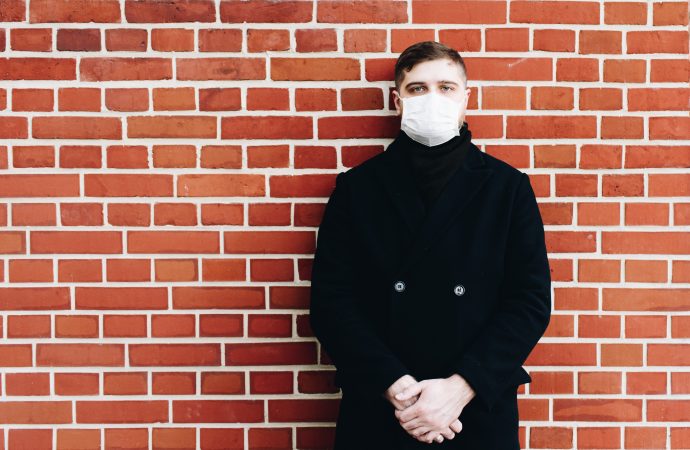Whooping cough, also known as pertussis, is a highly contagious respiratory disease that can cause severe coughing fits. It is often mistaken for a cold, but there are some key differences between the two. Here’s what you need to know to tell the difference between whooping cough and a cold. Symptoms of Whooping Cough The
Whooping cough, also known as pertussis, is a highly contagious respiratory disease that can cause severe coughing fits. It is often mistaken for a cold, but there are some key differences between the two. Here’s what you need to know to tell the difference between whooping cough and a cold.
Symptoms of Whooping Cough
The symptoms of whooping cough can be different depending on the age of the person who is infected. In infants and young children, whooping cough often starts with mild symptoms similar to a cold, such as a runny nose, sneezing, and a low-grade fever. However, within a week or two, the cough typically becomes more severe and can cause:
- Intense coughing spells that may end with a “whooping” sound as the person gasps for air
- Vomiting or exhaustion after coughing fits
- A cough that lasts for several weeks or even months
In older children and adults, whooping cough may also start with mild symptoms similar to a cold, but the coughing fits may not be as severe or frequent as in infants and young children.
Symptoms of a Cold
A cold is a viral infection that can cause a range of symptoms, including:
- Sneezing
- Runny or stuffy nose
- Sore throat
- Cough
- Mild fever
- Headache
- Body aches
Unlike whooping cough, a cold usually does not cause intense coughing fits, vomiting, or exhaustion.
Diagnosing Whooping Cough
If you or your child is experiencing symptoms that may be related to whooping cough, it is important to see a healthcare provider for a proper diagnosis. Your healthcare provider may ask about your symptoms and medical history, as well as perform a physical exam and order laboratory tests, such as a blood test or a throat culture, to confirm the diagnosis.
Treatment for Whooping Cough
There is no cure for whooping cough, but treatment can help relieve symptoms and prevent the spread of the disease. Treatment may include:
- Antibiotics to help control the infection and reduce the risk of spreading it to others
- Medications to relieve coughing and other symptoms
- Supportive care, such as rest, hydration, and nutrition
Preventing Whooping Cough
The best way to prevent whooping cough is to get vaccinated. The pertussis vaccine is included in the routine childhood vaccination schedule, but adults may also need to receive booster shots to maintain immunity. In addition to vaccination, practicing good hygiene, such as washing your hands frequently and covering your mouth and nose when coughing or sneezing, can help prevent the spread of whooping cough.
Conclusion
Whooping cough can be a serious respiratory disease that is often mistaken for a cold. However, there are some key differences between the two. If you or your child is experiencing symptoms that may be related to whooping cough, it is important to see a healthcare provider for a proper diagnosis and treatment. By staying informed and taking proactive steps to prevent the spread of whooping cough, we can all do our part to protect ourselves and those around us from this contagious disease.

















Leave a Comment
Your email address will not be published. Required fields are marked with *